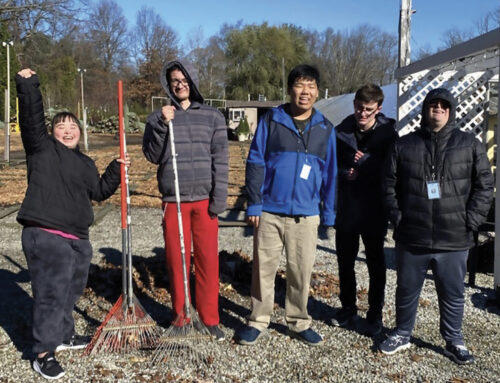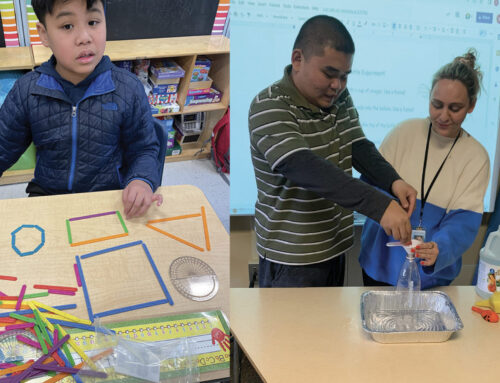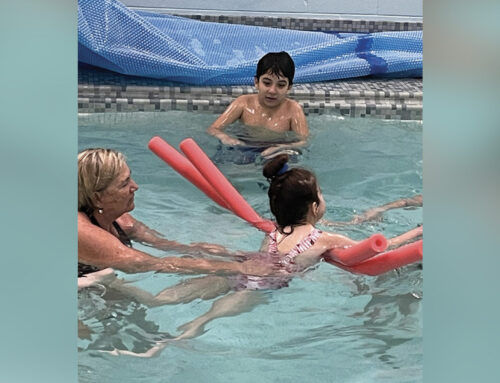 At The Forum School, supporting students with challenging behavior has always been a team effort, but this year, our team got a little bigger. In July, Krissy Goodman-McCloskey, M.S.Ed., BCBA, joined the staff at The Forum School as the school’s board- certified behavior analyst, bringing a new perspective to the multi-disciplinary team. At least once a week, the team – comprised of the school social worker, the school counselor, the school nurse, the LDTC, the school principal, the consulting psychiatrist and the BCBA – meets to consider the needs of any student who needs added support. They discuss where to start and what supports the student, the teacher and family might need.
At The Forum School, supporting students with challenging behavior has always been a team effort, but this year, our team got a little bigger. In July, Krissy Goodman-McCloskey, M.S.Ed., BCBA, joined the staff at The Forum School as the school’s board- certified behavior analyst, bringing a new perspective to the multi-disciplinary team. At least once a week, the team – comprised of the school social worker, the school counselor, the school nurse, the LDTC, the school principal, the consulting psychiatrist and the BCBA – meets to consider the needs of any student who needs added support. They discuss where to start and what supports the student, the teacher and family might need.
Each member of the team brings a different type of expertise – medical, social, learning, behavioral, cognitive – and a different perspective. Katherine Kandravy, LCSW, the school social worker, brings information about the child within the larger context of home and community. “I can be a liaison to connect families with resources in the community – services like family counseling, summer camps and social skills programs – when that is part of what is needed,” she said.
A-B-C Approach to Behavior
- Antecedent – What happens before the behavior occurs.
- Behavior – The observed behavior that is occurring.
- Consequence – What happens after the behavior occurs.
JoAnn Telesh, MA, LPC, brings a counseling perspective and can support a student, not only when they are having challenging behavior, but also before the behaviors even get in the way. “Sometimes, negative thoughts can derail a student and cause them to be angry or have disruptive behavior. That is where counseling can help. We can work with a student one-on-one or in our group sessions to help them talk things out and give them strategies to help them cope,” she said.
Krissy Goodman-McCloskey, BCBA, brings an analytic perspective, using data and science to help teachers and students. She guides teachers to collect basic data and to use an A-B-C approach to looking at behavior.
“A single student with challenging behaviors can affect other students in the classroom. My goal is to restore equilibrium so students can get back to learning,” she said.
Teachers are embracing the new perspective. “They have been very open-minded and excited about trying new approaches. They are seeing the success of the science behind behavioral interventions,” Krissy added.
Because the team supports all students, everyone at the school benefits from the collaborative multi-disciplinary approach and support, whether they receive individualized services like counseling or not.






 Testing of Lead in School Drinking Water
Testing of Lead in School Drinking Water